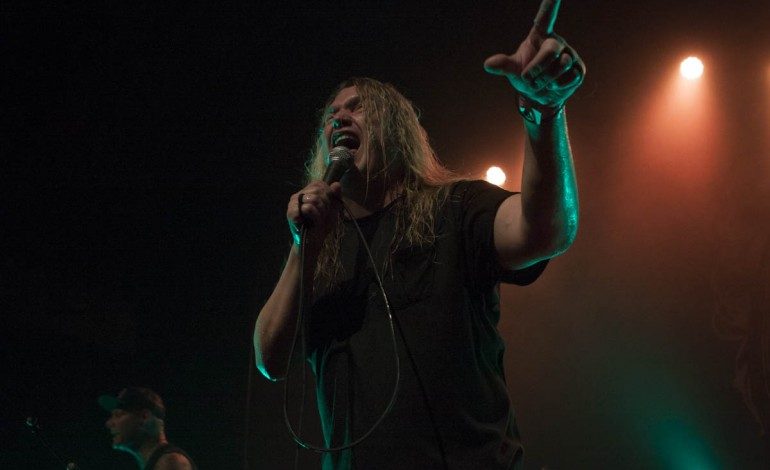

The founding drummer for American heavy metal band Corrosion of Conformity Reed Mullin, has passed away according to his bandmates, who revealed his passing in a recent social media post. A cause of death has not been revealed, however the musician was only 53 years old at the time of his death.
“It’s with heavy hearts that we say goodbye to a friend, a brother and pioneer,” the band wrote on Instagram. “Reed you are loved and always will be. Lets all take a moment…”
Mullin has appeared on every single album release by the Raleigh, North Carolina heavy metal outfit, with the exception of 2005’s In The Arms of God. The band originally began as a hardcore punk outfit, before moving into a more traditional, blues-inspired, heavy metal sound. Their first three studio albums eventually garnered major label attention, and the band were signed by Columbia Records during the mid 1990s, which saw the release of Deliverance and Wiseblood.
Mullin has been a closer member and friend of the group since before its foundation, and has known many of its childhood members since his adolescence. In addition to his work with the band, Mullin worked with the hardcore band Man Will Destroy Himself, and served as the frontman for the power pop band Brown.
“We’ve been doing it since we were kids, it’s all we know. We got in a van when we were 16 and just took off, and back then there wasn’t any money in it, you know?” Mullin explained in an interview with mxdwn back in 2018. “We just did it for the love of the music, as corny as that sounds. And we still do.”
UPDATE (1/29): Corrosion of Conformity have shared a tribute to their late drummer on social media. In the post, the band talk about his ability to play various metal styles while also s tating that “He could cop one hundred different styles and reference them in his own way. Everything from Earl Hudson and Clive Burr to Neil Peart (RIP) to Mitch Mitchell and Bill Ward. From John Bonham to Phil Taylor and Nicko McBrain.” They praise his ability to take these influences and create his own thing, from odd time signatures to polyrhythms played non-chalantly.
Photo Credit: Raymond Flotat
